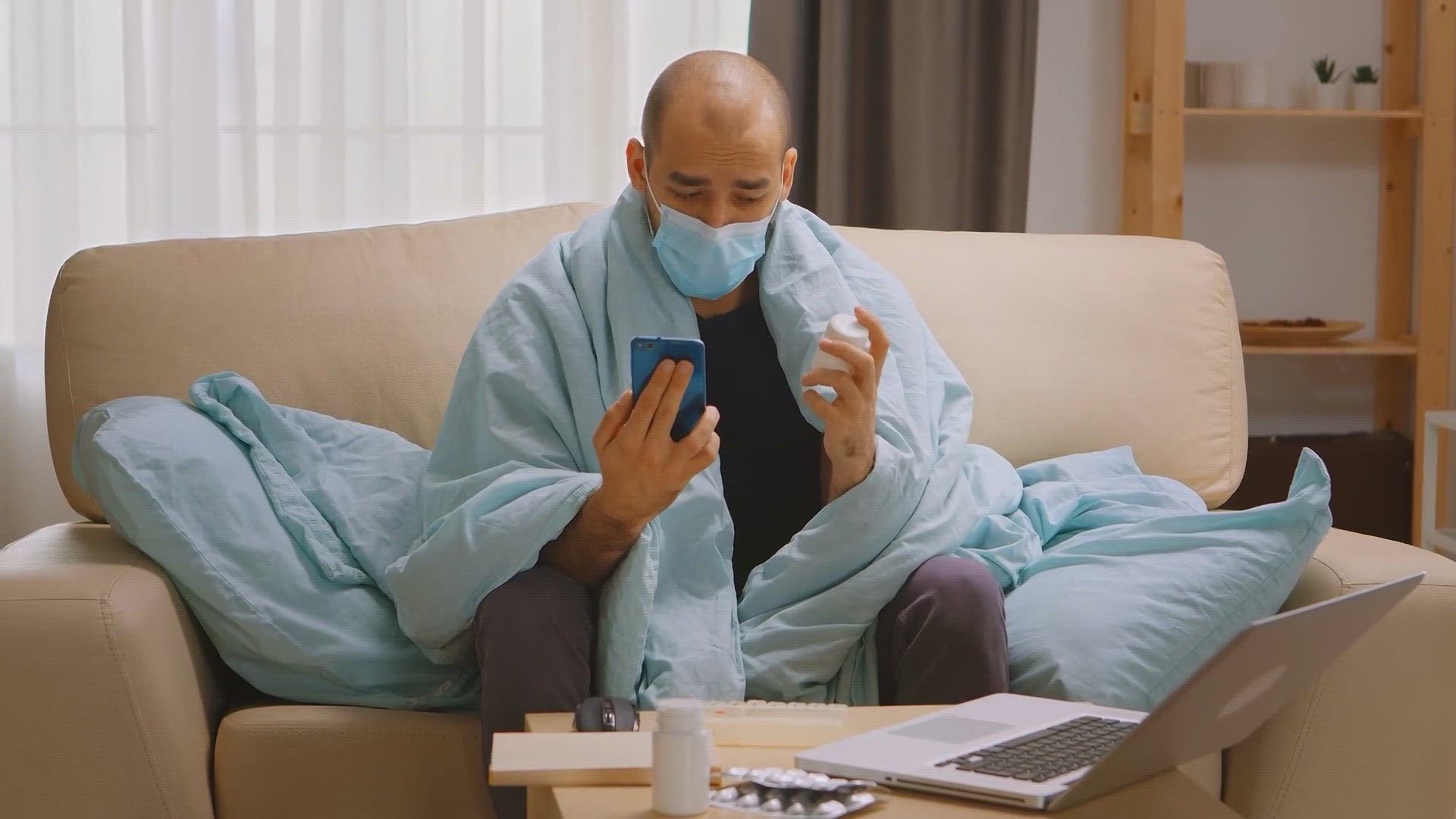SAN ANTONIO — We're approaching three years since COVID-19 reared its ugly head to the world, and we're getting used to living with it. But COVID numbers are once again on the way up.
We are in the middle of the winter COVID wave after millions traveled for the holidays and spent more time with people, mostly while indoors where it's easy for the virus to bounce around. Lack of vaccinations and a very infectious variant are fueling the wave as well.
"What we're seeing now, the predominant variant that circulated in the United States, called JN.1. But it's very different from the XBB variants that (we) had been experiencing for months and months beforehand," said Dr. Jason Bowling, an infectious disease specialist with University Health and professor of infectious diseases with UT Health San Antonio.
That variant makes is more transmissible, but the symptoms aren't more severe.
"A lot of the symptoms it causes are similar to the symptoms that we've seen before in the past with the prior COVID variants," Bowling said.
In early 2020, COVID-19 symptoms typically included fever or chills, a cough, shortness of breath or difficulty breathing, fatigue, and muscle or body aches.
As the virus has morphed with new variants, COVID symptoms have changed too. Now, many who catch the virus suffer from nausea, vomiting and diarrhea, which may make people think it's just a stomach illness.
"Even though this is a respiratory illness, there are some people that have more GI (gastrointestinal) symptoms or stomach bug-type symptoms," said Bowling.
Local health experts say getting tested and seeking treatment if you have severe COVID are musts.
"There are boosters available and that there is treatment," said Dr. Barbara Taylor, a professor of infectious diseases with UT Health San Antonio. "If you have COVID, there are several different treatments that will help decrease your duration of symptoms and prevent you from getting severe COVID."
Bowling also said there is quite a bit of track record with the COVID vaccine, meaning that since we know this vaccine fairly well at this point, it's still the most effective way to prevent getting severe infection if you do contract the illness.
>TRENDING ON KENS 5 YOUTUBE:

